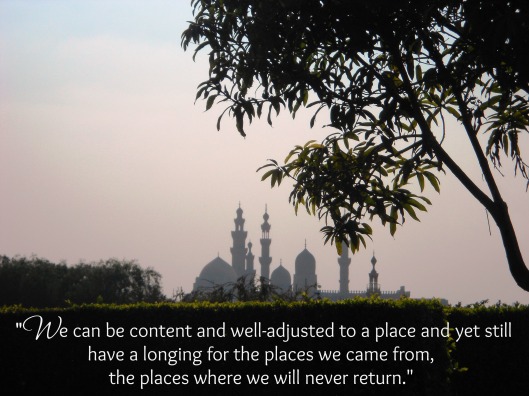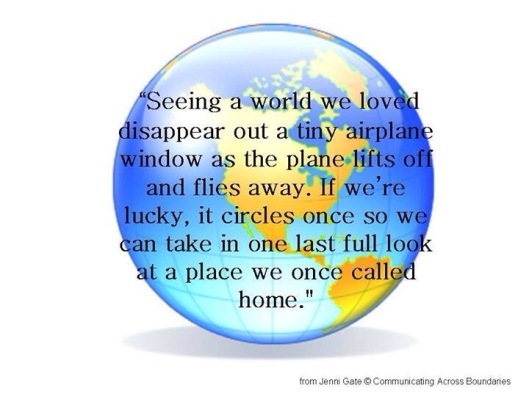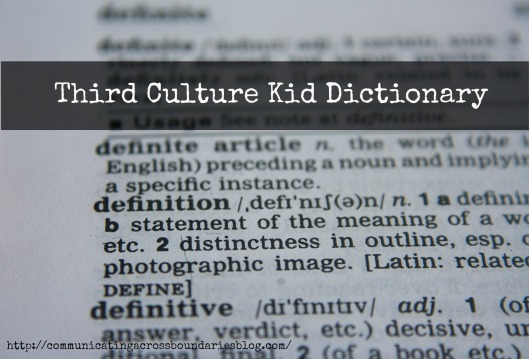At nine pm on October 11, 1954, as tugboats slowly pull a freighter away from the docks in Brooklyn, seven passengers stand together on the deck, watching the lights of the city and the Statue of Liberty fade into the distance. Four more are sleeping peacefully below deck in their bunks and portable cribs, blissfully unaware of how the events of this day are shaping their lives. On the dock where our family members and friends had waved their last goodbyes, a lone man walks to the end. His voice echoes across the harbor waters, over the noise of tugboats as they move the Steel Recorder out towards the open Atlantic: “Grace and peace…Pray without ceasing…Preach the Word.”
Pauline Brown in Jars of Clay
My mom called me yesterday and left a voice message. It was about a dear friend of hers from Pakistan days who was dying.
“It’s not that I’m sad for her,” she said through tears. “It’s that I’m sad. Just so, so sad.”
Mom’s friendship with Jean Buker goes back to early days when the two young families were embarking on a journey that would affect them and their children in unquantifiable ways. Their first forays into friendship began at Hartford Seminary where the two couples, along with a few others from my parents’ mission were enrolled for missiology classes. Those early days of dreaming and planning for their life overseas propelled them forward onto the Steel Recorder – a freight ship that left out of New York Harbor.
I picture my mom and Jean, both in their mid-twenties, beautiful with not a wrinkle on their skin, dressed as one did in that era – in skirt suits with hats and perhaps a strand of pearls at the neck. Jean and Ray Buker had three children while my parents had my oldest brother. The journey by sea to this newly formed country was four weeks long. Four weeks of walking the deck to get exercise, keeping tight rein on their toddlers so they didn’t fall through the huge gaps on the railing of the ships deck, trying to make it through seasickness and the beginnings of homesickness, playing scrabble with a competitive edge in the evenings, singing and praying to a God they loved, then at last seeing the shores of Karachi Harbor in what was then West Pakistan.
How young and naive they all were! And yet – how very brave! They watched as their family members became little dots on the shore, finally looking at each other knowing this was it. There was no going back.
Then those first months in the Sindh region of Pakistan, three couples and six children sharing a two-bedroom house in a questionable area of the city of Larkana because no one else would rent to these foreigners.
Those early days built a solid foundation of friendship. Friendship forged in shared language learning, learning how to cook with unfamiliar ingredients, and all that comes with a cross-cultural move to the other side of the world.
The friendship continued through the years, made stronger as more people joined them. Websters, Roubs, Addletons, Pittmans, Johnsons, Dobras, Salmons, Elkins….names that I don’t think I could ever forget, so much were they a part of our family’s srory.
The Bukers moved back to the United States at one point, Jean’s husband Ray taking a job at the mission. And though the proximity of their friendship changed, every time my parents were in the U.S. they visited the Bukers. Updating each other on life in Pakistan, their kids, what was going on in the mission and sharing joys and discouragements continued to be a part of their friendship.
Jean Buker didn’t stop with my parents. She was Aunt Jean to us, more a relative than any blood could possibly create. Her friendship and love continued on to us kids as she extended her table to feed us too much at every Thanksgiving so we knew there was always a place where the turkey and pumpkin pie would be offered up with friendship and understanding. She provided a home base where we and other members of our family and TCK tribe could stay. Aunt Jean was the one who hosted a graduation party when I graduated as a proud nurse. Aunt Jean was the one who gathered people from all over the Chicago area to shower me with gifts a week before my wedding.
I knew where my mom’s tears were coming from as she cried over the phone. They were coming from a place of sweet saudade, that wistful longing for what no longer exists, no matter how much you mourn or long for it. They were coming from a place of memory, where young hearts and bodies with the world at their fingertips go out to the unknown, and friendship is a necessary ingredient. They were coming from knowing that earthly loss smacks of pain and grief because our hearts are created for eternity.
They were coming from a place of a beautiful, God-ordained, orchestrated, and formed friendship and they reflected the heart of God.
“The shifts of time unearth our longing for a permanent residence, unshakeable, immovable, wholly given and wholly ours. Scattered across this great globe, now and then, we stumble across gifts of happiness from a God who, kindly, with an absolute patience that the trees themselves were taught to imitate, guides us up into the security of his own life”
Laura Fabrycky
This post is dedicated to Pauline Brown, Bettie Addleton, and Grace Pittman – the remaining originals from CBFMS.


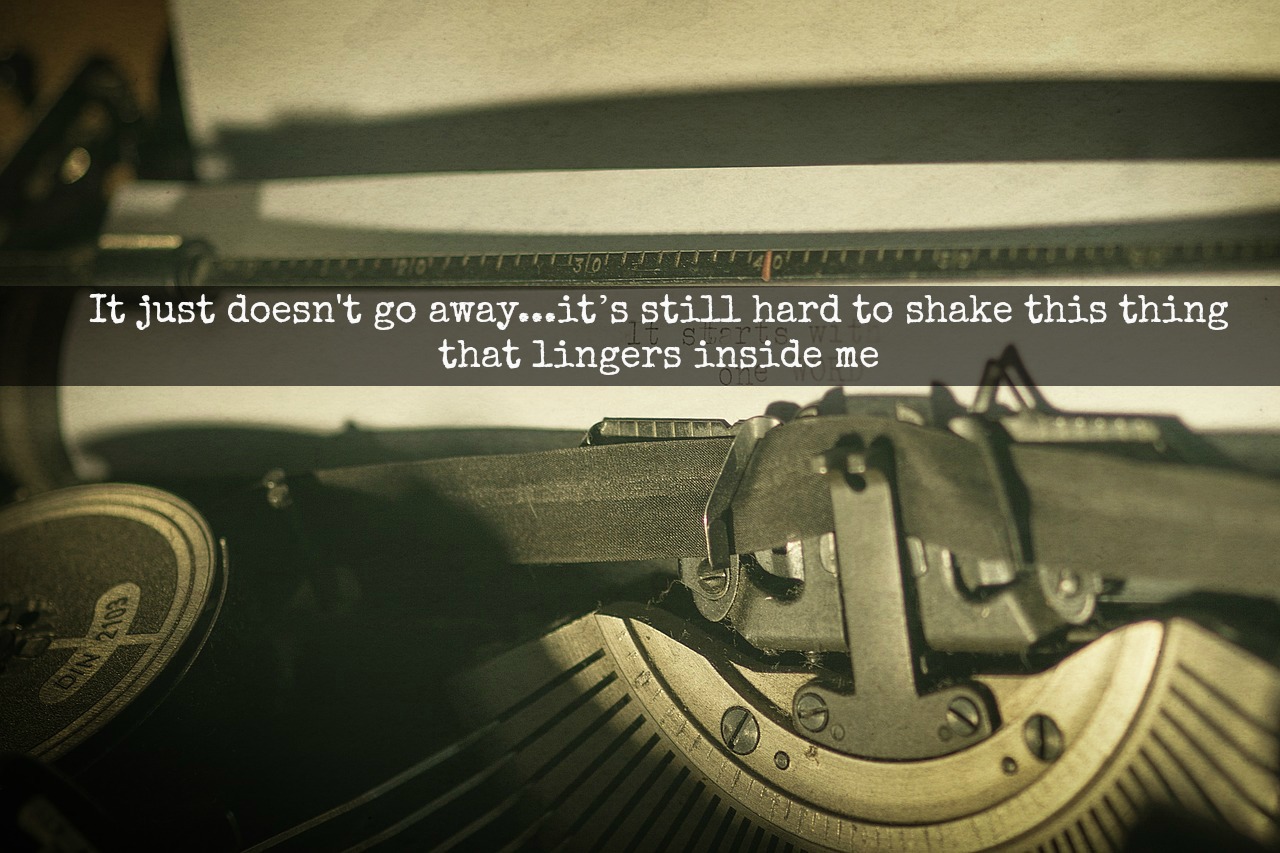

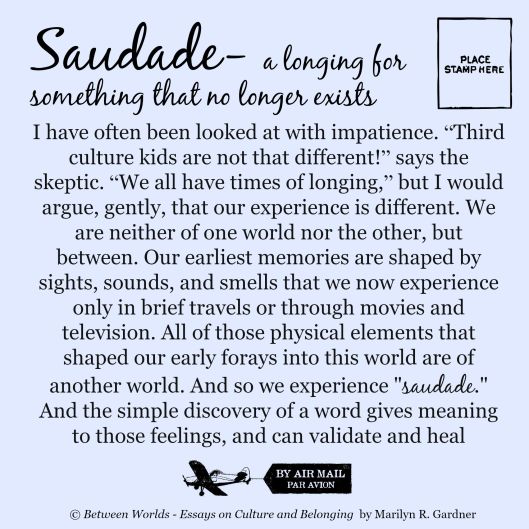
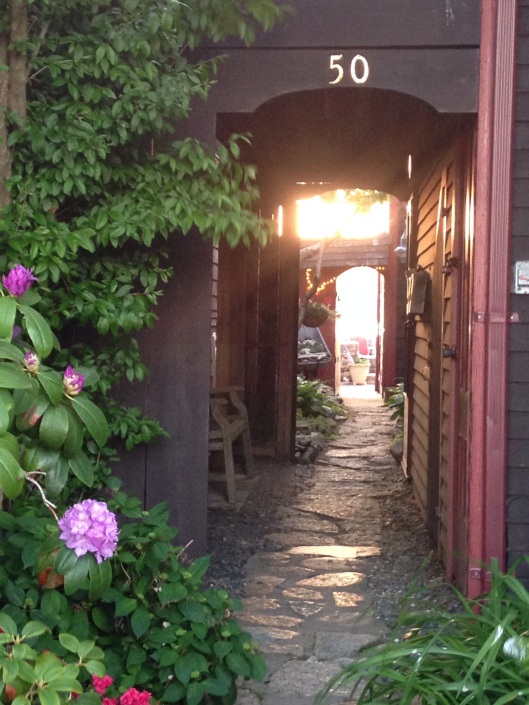 It just doesn’t go away – written anonymously
It just doesn’t go away – written anonymously